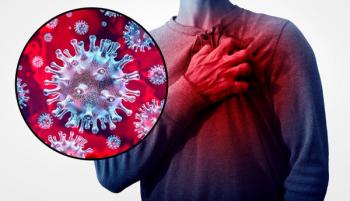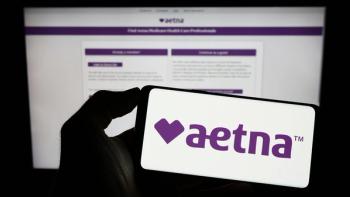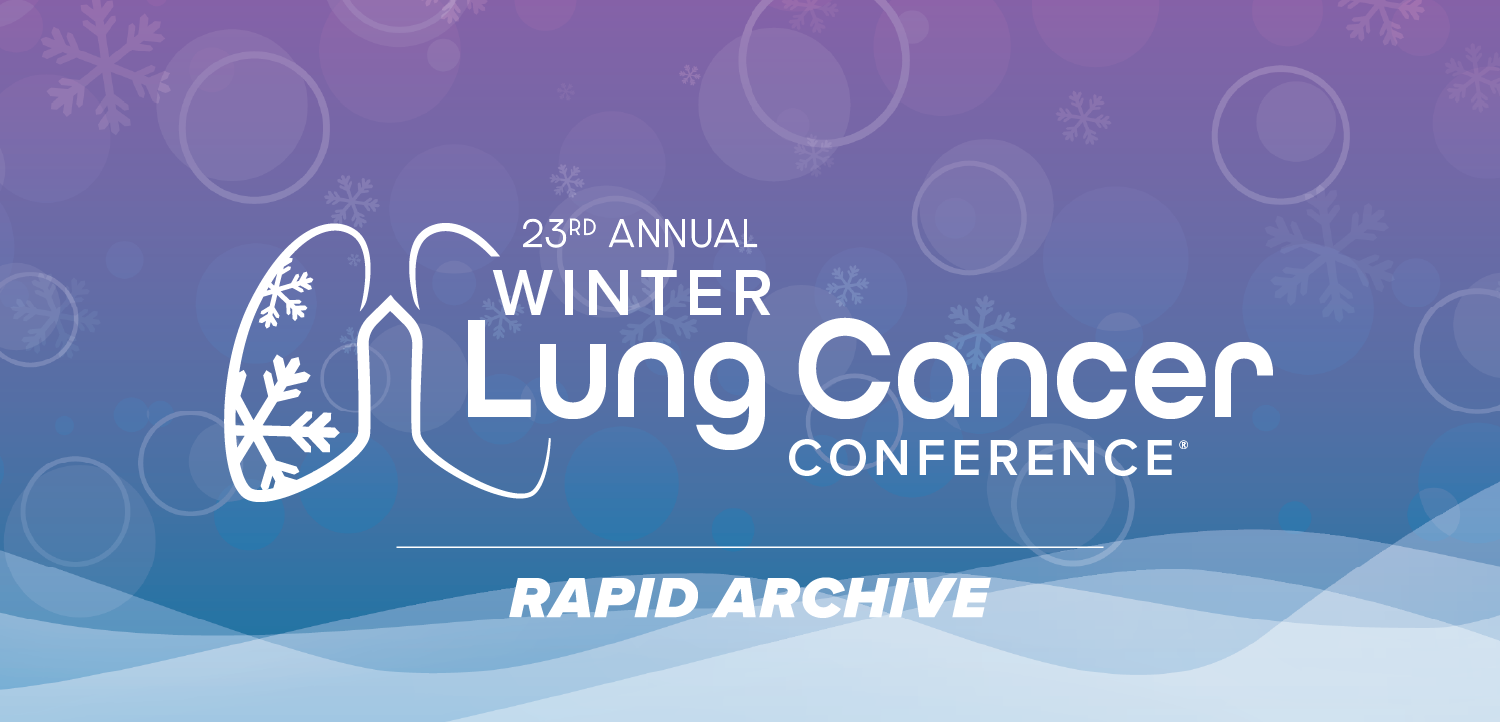
Updated Recommendation to Prevent Perinatal Transmission of HIV
About 5,000 women living with HIV in the U.S. give birth each year.
Research advances and programs and politics have reduced the annual number of HIV infections through perinatal transmission in the United States by more than 95% since the early ’90s. Every year, about 5,000 women living with HIV give birth in the U.S., according HIV.gov, the official HHS website for information on HIV/AIDS. In 2018, 35 infants were born with perinatal HIV infection in the U.S., according to HIV.gov.
“A pregnant woman who is living with HIV is at great risk of transmitting the virus to her unborn child if she doesn’t take the necessary precautions,” notes Rudolf Probst, M.D/, a professor at the Baylor College of Medicine. “The transmission is likely to happen during labor and delivery; however, when the baby is born, it can happen during breastfeeding.”
In places with limited resources, the World Health Organization and other groups encourage mothers infected with HIV to breastfeed and to take antiretroviral drugs to reduce the risk of transmission. In the United States, the CDC and the American Academy of Pediatrics recommend against mothers living with HIV breastfeeding. The CDC notes that women in the U.S, have access to clean water and infant formula,
“After giving birth, the mom should feed the baby using a bottle instead of breastfeeding,” agrees Kire Stojkovski, M.D., of the Farr Institute in West Des Moines, Iowa. “This will reduce the chances of the baby suffering from the disease since HIV can be transmitted through breastfeeding.” Stojkovski also says a pregnant women should eat healthy food.
Clinicians advises women to attend the antenatal period.
“During delivery, your caregiver will give you options depending on the viral load,” Probst says.
A panel of outside experts update the guidelines for antiretroviral drugs during pregnancy and interventions to reduce perinatal transmission late last year. Here are some highlights of the summary of the changes to the guidelines posted on the Hiv.gov:
- The panel continues to recommend dolutegravir as a preferred antiretroviral drug for pregnant regardless of the trimester. The summary mentions, though, a study in Botswana that found that dolutegravir might be associated with infant neural tube defects but said the prevalence was not significantly higher than it was among infants born to women taking other antiretrovirals at conception.
- Tenofovir alafenamide was newly recommended as a preferred nucleoside transcriptase inhibitor.
- Oral cabotegravir and its new long-acting version in combination ripivirine (sold as Cabenuva) was not recommended for use in pregnancy. The panel rated Cabenuva as having insufficient data for use in people who are trying to get pregnant. If someone is on Cabenuva, the panel suggested the person should switch to an alternative or preferred three-drug antiretroviral regimen.
- Pregnant people who are on two-drug combinations of either dolutegravir and lamivuinde (sold as Dovato) or dolutegravir and rilpivirine (sold as Juluca) should keep on taking them but should be monitored for viral load once a month or every other month.
Newsletter
Get the latest industry news, event updates, and more from Managed healthcare Executive.
























